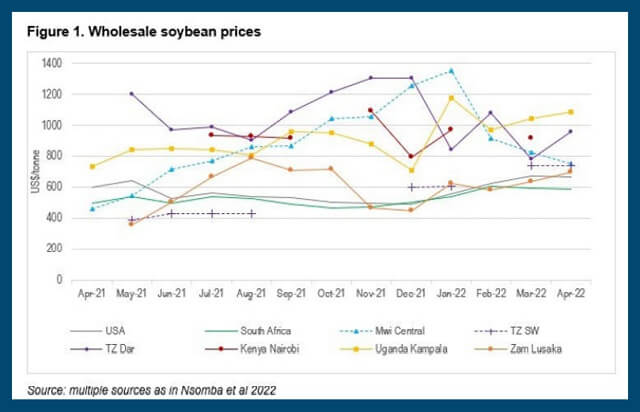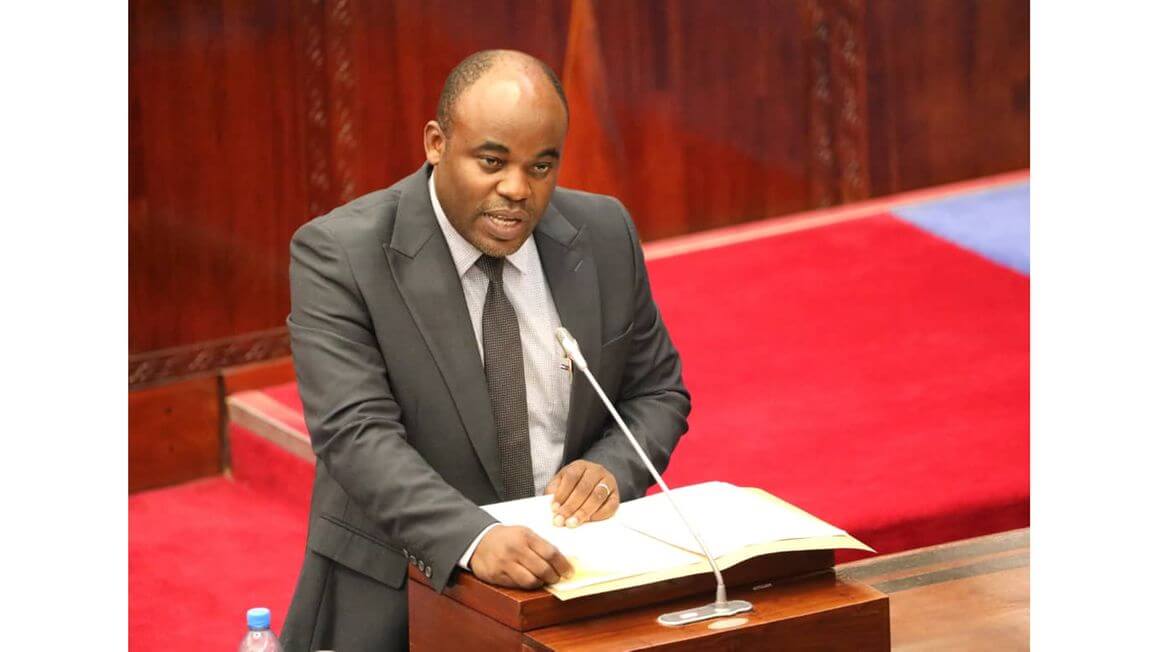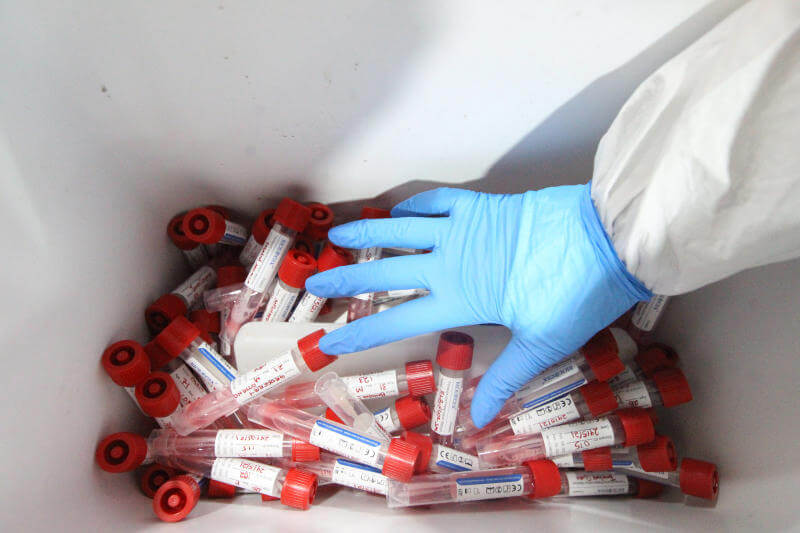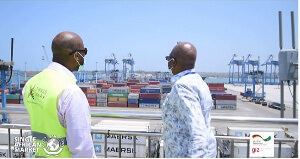Small and medium-scale farmers and agri-businesses in east and southern Africa are getting a raw deal. To succeed they need fair and integrated regional markets. Research by the Centre for Competition, Regulation and Economic Development has highlighted the need for better integration of regional economies as a step towards food security in the region. Powerful commercial interests, high transport costs and poor access to facilities such as for storage mean that small and medium-scale farmers are often not getting fair prices for the food they grow. Fair prices are those that meet demand and cover reasonable costs of supply including transport across borders. During the course of our research we came across examples of how the odds are stacked against most small and medium-scale farmers. Take the experience of Endrina Maxwell, a small producer in Malawi. In April 2021, she sold her soybean crop in central Malawi and realised the returns from investing in commercial agriculture as a female agribusiness owner and farmer. She got prices around Malawi kwacha 350/kg, about $450/t (see Figure 1). At the same time, the prices in the main markets in Dar es Salaam and Nairobi were over a $1000/t. A number of hurdles stood in Endrina’s way to take advantage of the high prices in neighbouring countries. First, specific price information was not readily available for someone in Endrina’s position to be aware of the gains from exporting. Second, transport costs are very high for smaller producers. Third, to hold-off from selling at the...
Easing food price hikes in east and southern Africa
Posted on: June 9, 2022
Posted on: June 9, 2022
























